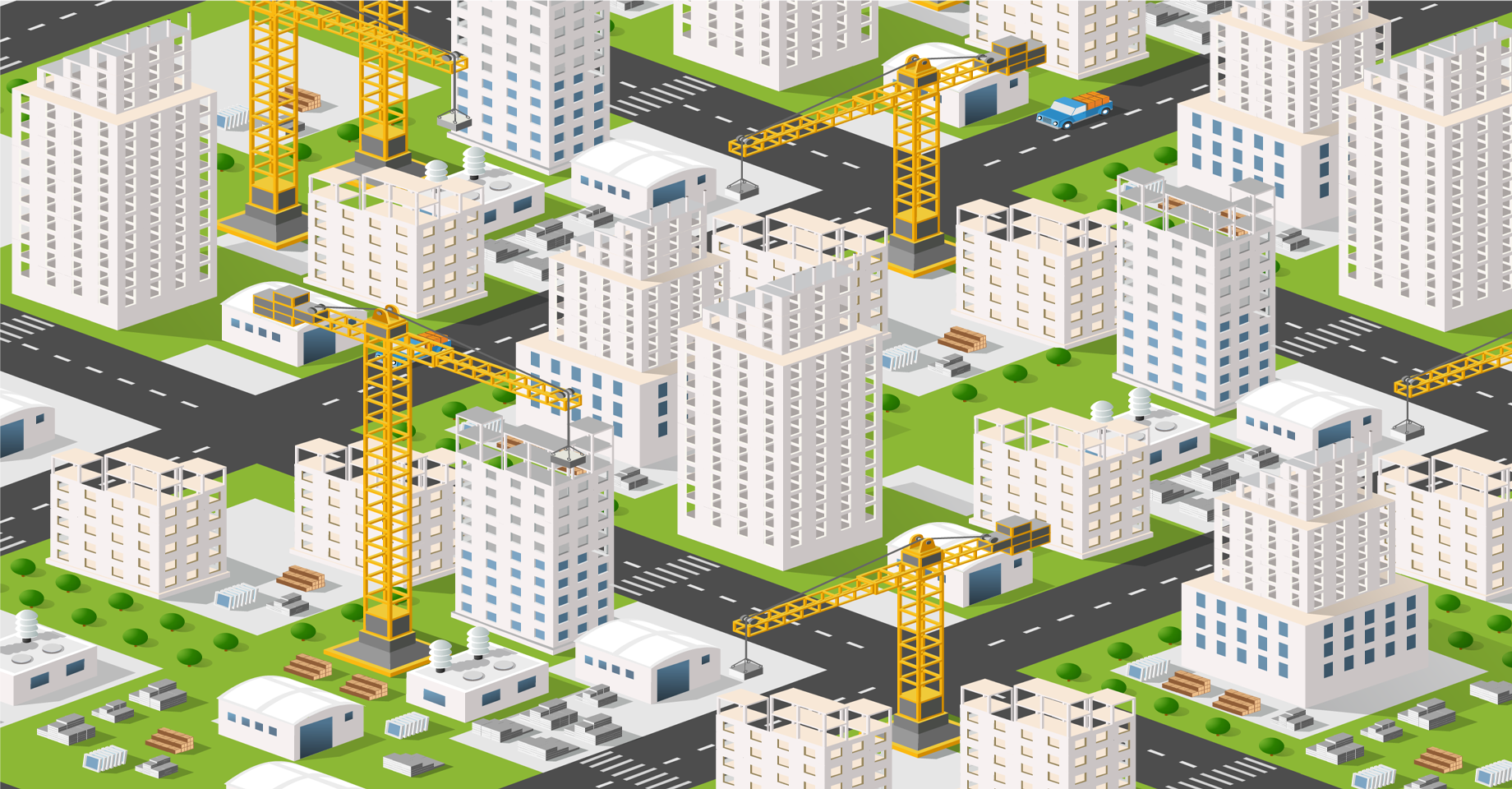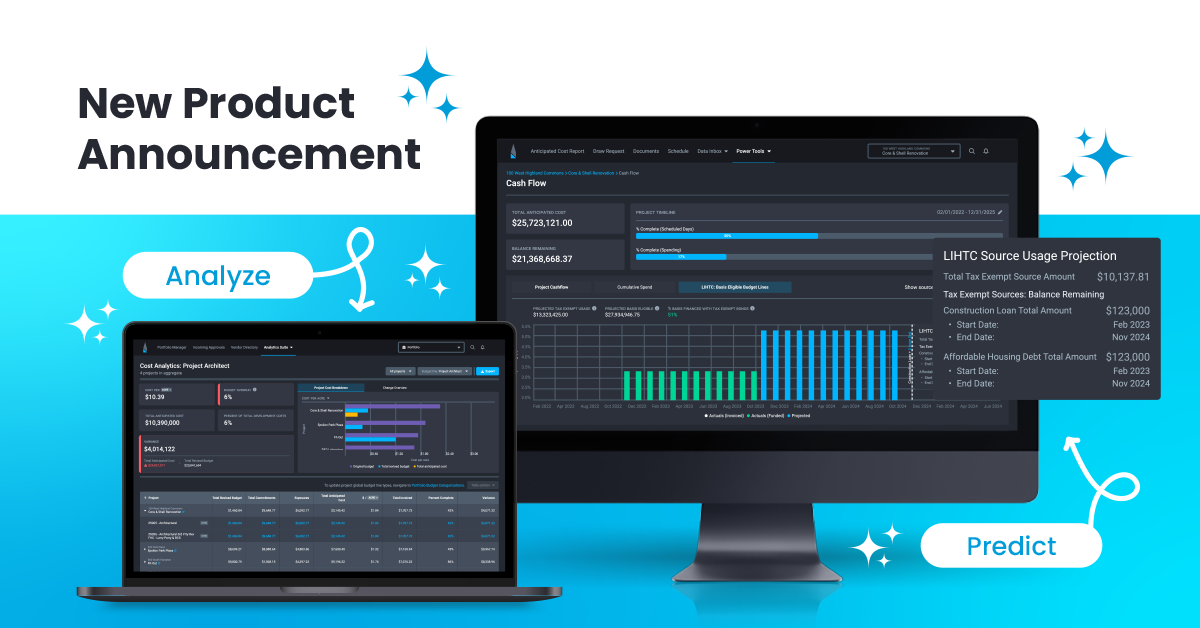-

Office-to-Apartment Conversion: Can Developers Make It Work?
Commercial real estate developers are well aware of the national housing shortage. To meet current demand, the nation needs to add 4 million to 5 million new homes. Housing development is at the epicenter of the problem. The construction rate began to slow in 2000. By 2020, 5.5 million fewer homes were delivered compared to
-

Benefits of Enterprise Zones and Opportunity Zones for Real Estate Development
Enterprise zones and opportunity zones are essential concepts for your development team to understand as you look for up-and-coming markets to break ground in. Federal and local governments designate geographic regions, often impacted by economic distress or blight, and offer businesses, developers, and investors tax breaks, regulatory exemptions, and other financial incentives to build there.
-

The Developer’s Guide to C PACE Financing
High interest rates and economic uncertainty are making it more difficult for your team to secure capital and get complex projects off the ground. Firms like yours are turning to alternative financing sources to round out their capital stack, from government programs such as Low-Income Housing Tax Credits (LIHTC) or Transit-Oriented Community Incentives to green
-

Developers Gain Optimism: What It Means for New Construction Activity
You might feel like every successful developer has a crystal ball with the ability to peek two or three years into the future and understand what a community will need. In reality, of course, there is no crystal ball. Instead, there are metrics and data (and a little bit of luck) to forecast trends that
-

Top Trends in Sustainable Construction for Multifamily Housing
Developers are increasingly turning to sustainable construction practices as government regulations around carbon emissions become stricter, demand for eco-friendly features increases among consumers, and technological innovation reduces the cost of materials. Initiatives such as Environmental, Social, and Governance (ESG) goals, as well as LEED certification and Energy Star ratings, are also incentivizing sustainable building practices.
-

How the Rise in Office Loan Defaults Will Impact CRE Development
Defaults on loan payments for unused office buildings are on the rise, as owners of Class B and Class C properties face dual headwinds from the ongoing prevalence of remote work and the high-interest rate environment. The commercial real estate firm Cushman & Wakefield estimates about 20% of office space is vacant at present,
-

Drive Predictability in Today’s CRE Landscape With New Solutions From Northspyre
In today’s high-stakes commercial real estate environment, it’s more important than ever for developers to have consistency and predictability in their operations. While some may say being predictable is boring, we disagree. With so many moving parts and millions of dollars at stake, the smallest oversight can be catastrophic to your bottom line. But, by
-

6 Cities Affordable Housing Developers Should Target for New Construction
Commercial real estate investors and developers have expressed a commitment to addressing the nation’s affordable housing crisis. According to the National Low Income Housing Coalition, the US needs 7.3 million affordable housing units to meet current demand, but of course, some cities are suffering from a greater shortage than others. The coastal markets and major
-

The Rise of Live-Work-Play Communities: Redefining Urban Living
Live-Work-Play communities are on the rise in major markets across the United States, drawing in young professionals and families with affordable and community-driven living options. The asset class – a form of mixed-use development combining residential, office, retail, and leisure space – is considered the future of urban living. Developers will find unique opportunities in